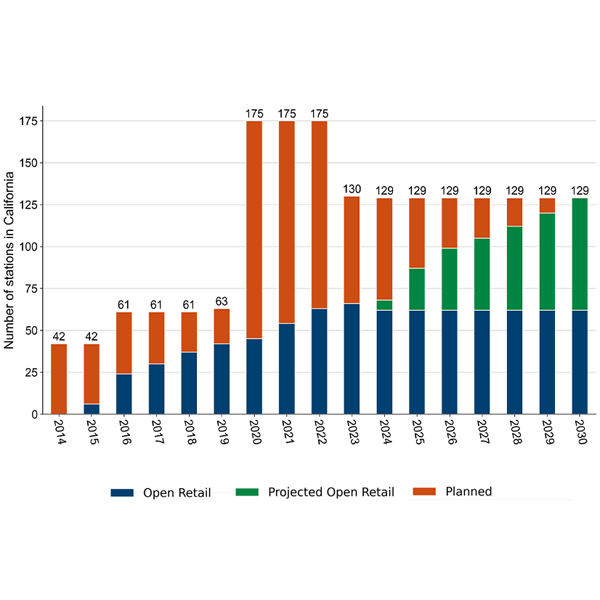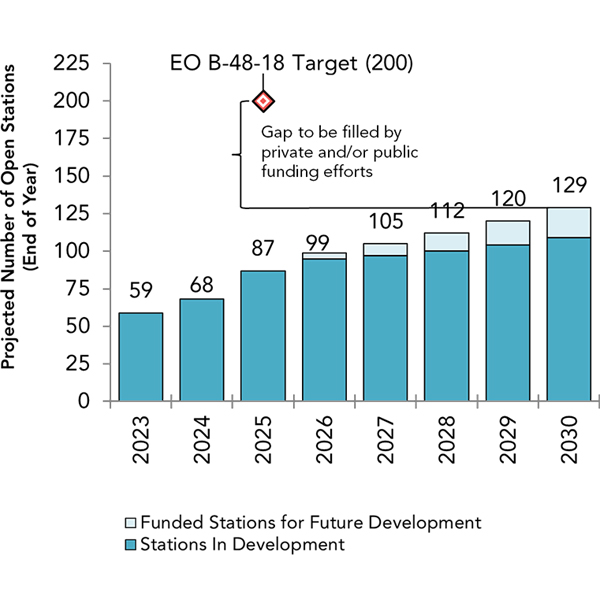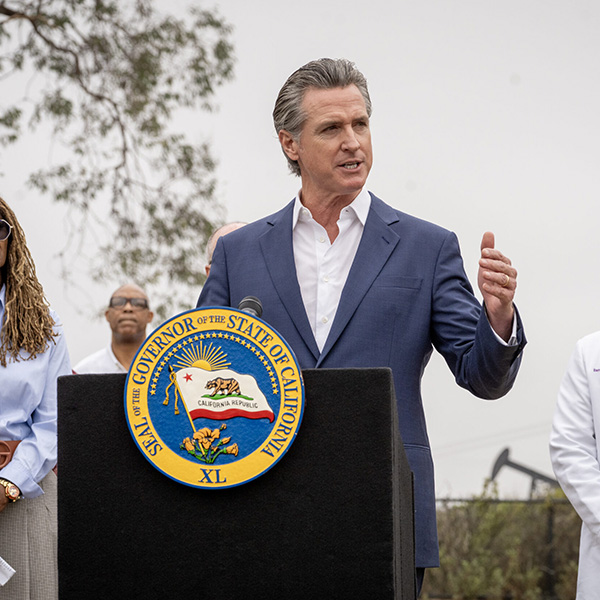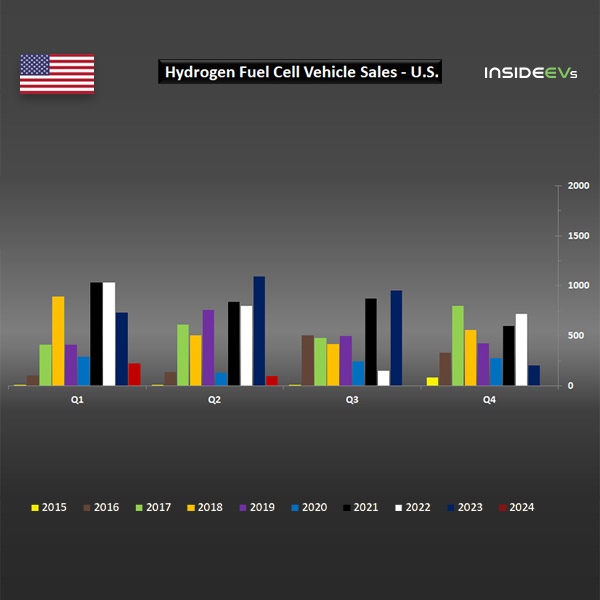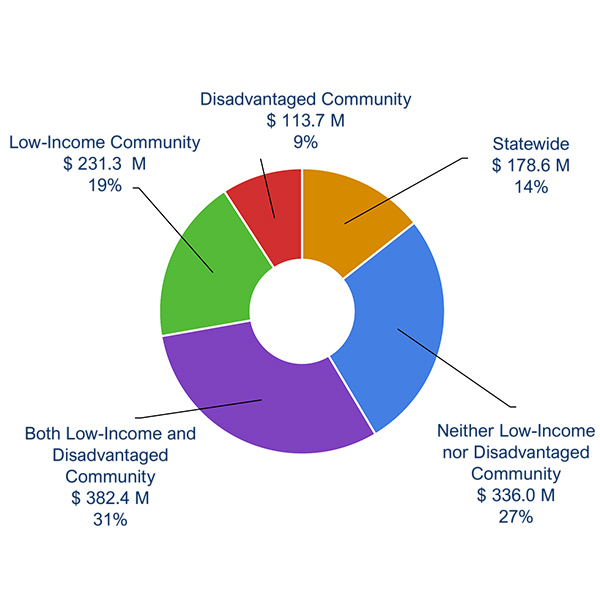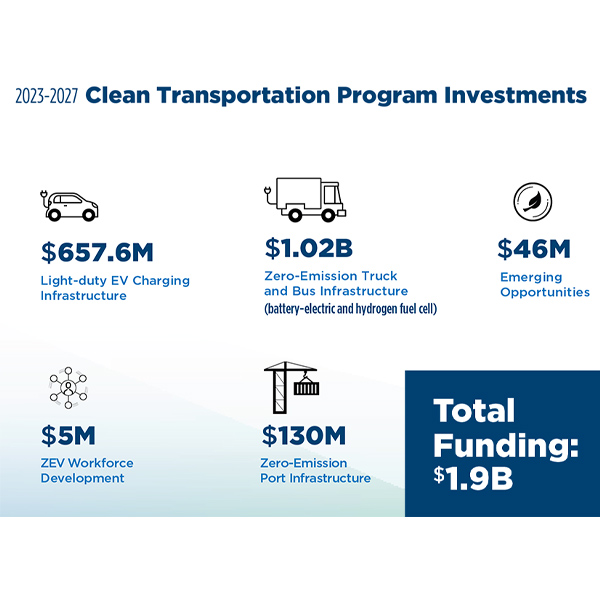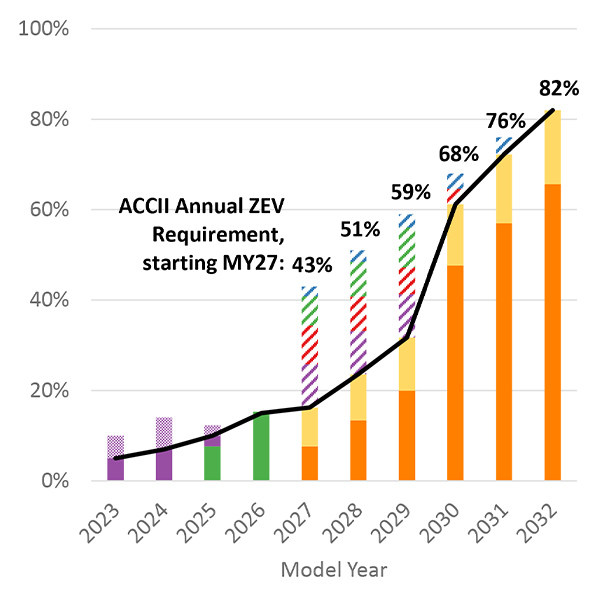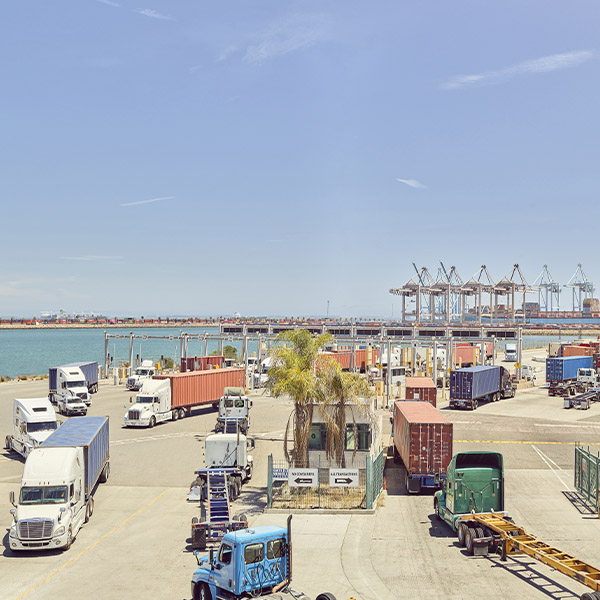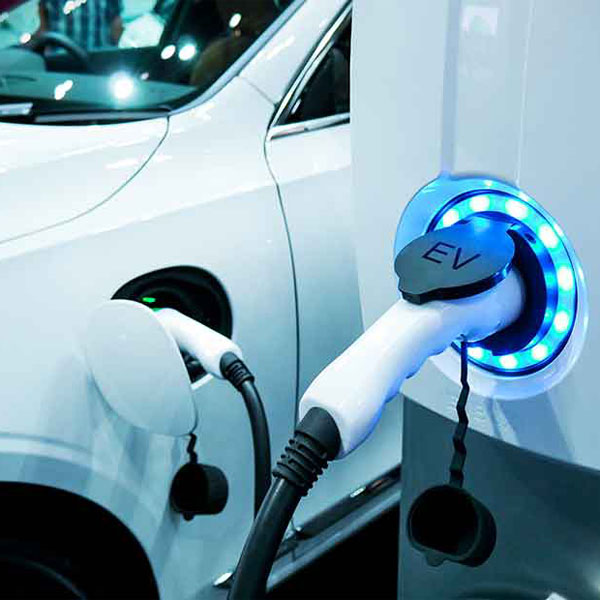Fuel Cell Vehicles
Hydrogen transportation is struggling to find momentum in California, with the number of open fueling stations decreasing again last year, while fuel prices continue to increase.
Rather than expanding its network of light-duty hydrogen-fueling stations, California lost three stations last year, casting doubt on the state’s ability to meet a 200-station goal, a new report found.
The bills signed by the California governor cover rules around transmission approval, GETs, grid reliability standards and bi-directional EV charging.
Sales of electric vehicles in the U.S. are showing some signs of recovery, while the market for hydrogen fuel cell vehicles has practically collapsed.
California must find ways to allocate more of its funding for ZEV infrastructure to disadvantaged communities, according to an advisory committee for the Energy Commission's Clean Transportation Program Investment Plan.
Bills moving forward could introduce voluntary time-of-use rates in the state, disclosure statements about green power and point-of-sale EV rebates.
The California Energy Commission approved a plan for spending $1.85 billion over the next four years to expand zero-emission vehicle infrastructure across the state.
New Mexico regulators adopted zero-emission requirements for cars and trucks in a move that proponents say will improve air quality, fight climate change and increase consumers’ choice of vehicles.
The agency approved a $624 million clean transportation incentive funding package but said goodbye to a flagship program that helped consumers buy zero-emission vehicles.
New Jersey’s planned adoption of California’s Advanced Clean Car II rules stirred a heated exchange as business groups argued that the state is far from ready for a sudden surge in electric vehicle use.
Want more? Advanced Search
